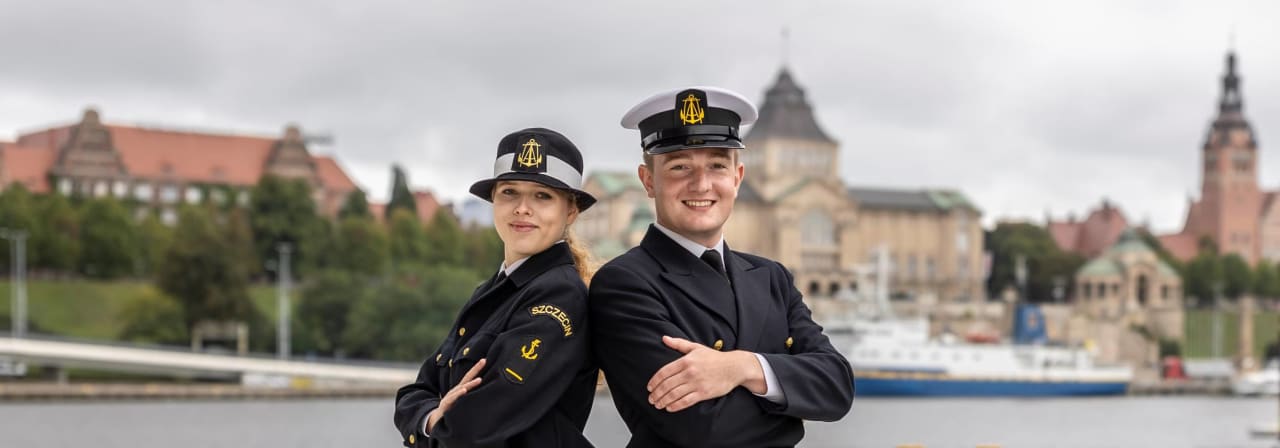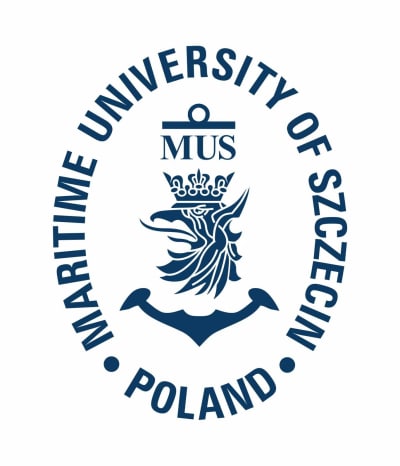Rector Scholarship (for outstanding academic achievements)
How much? From PLN 500 to PLN 1000 per month.
Who can apply? 10% of second-, third- and fourth-year students who achieved the best academic results in the previous academic year in a given field of study (full-time and part-time) by passing all courses on time.
The current amount of the scholarship awarded in the academic year 2022/2023 in the particular field of study depends on the grade average (the University uses a grade scale from 2 to 5 where 5 is the highest grade).
Rector Scholarship (for scientific, artistic, or sports achievements)
How much? From PLN 300 to PLN 1000 per month.
Who can apply? Students in their first year of studies with significant academic achievements, i.e. laureates of an international Olympiad or laureates or finalists of a central-level Olympiad, and students in their second, third, and fourth year of studies with significant scientific or artistic achievements or high sports performance in international or national competitions.
Example 1: Adam was a finalist in the International Geography Olympiad in high school. The final amount of the scholarship awarded will depend on the financial situation of Adam's family.
Example 2: In her first year of studies, Ewa took third place in the Polish Academic Championships (all disciplines: www.ampy.pl) in table tennis. Ewa in her second year of studies will receive a scholarship of 700 PLN per month.
Maintenance Grant
How much? From PLN 50 to PLN 1050 per month. Who can apply? Students who have a Polish Card [karta Polaka]a Permanent Residence Card, refugee status, or for other reasons study under the same conditions as Polish citizens and are in a difficult financial situation, i.e. whose monthly net income per person in the family is lower than PLN 1050.71.
Example 1: Adam lives in a family of 4 people. The total net income of all family members exceeds PLN 4202.84 (4 x PLN 1050.71). Adam is not entitled to a maintenance grant.
Example 2: Ewa lives in a family of 4. The total net income of all family members is PLN 4000. Ewa can receive a maintenance grant of PLN 2022 (grants are rounded down to the nearest zloty).
Increased Maintenance Grant (housing allowance)
How much? PLN 200 per month Who can apply? Students receiving a maintenance grant who are in a difficult financial situation, e.g. covering the costs of accommodation in a student house or another flat, provided that the daily commute from the place of permanent residence to the University would make studying impossible or significantly more difficult.
Example 1: Adam lives in a student house but does not receive a maintenance grant. Adam is not entitled to a housing allowance.
Example 2: Ewa lives in a student house and receives a maintenance grant. She is entitled to a housing allowance of PLN 200 per month.
Special Allowance
How much? A single payment of up to PLN 2000 (maximum twice a year)Who can apply?All students who find themselves temporarily in a difficult financial situation due to unfortunate or extra cost-generating events. Such events include the death of a family member, the birth of a child, illness, accident, etc. The allowance is awarded regardless of other scholarships and bursaries.
Example 1:One of Adam's parents died. Adam will probably receive a maximum allowance of PLN 2000. Then Adam falls ill with a serious illness. Adam will receive the allowance in an amount depending on the type of illness.
Example 2: Ewa had her handbag stolen. In her handbag, she had a phone worth 500 PLN, documents, including her passport, and a purse containing 100 PLN. Ewa reported the theft to the Police. Ewa will receive an allowance depending on her financial situation.
Disabled Students Allowance
How much? From PLN 600 to PLN 1000 per month. Who can apply? Students holding a disability certificate. The amount of the allowance depends on the degree of disability. Persons with a disability certificate of light degree receive PLN 600 per month, moderate degree 800 per month, and severe degree PLN 1000 per month. The certificate must be issued in Poland by a County Disability Evaluation Board (PZOON). To obtain a certificate you must submit the following documents to the PZOON:
- an application for the establishment of a degree of disability (the form, the original, must be signed by the applicant) -http://bip.um.szczecin.pl/chapter_50565.asp
- a medical certificate of health of a person over 16 years of age issued to the Disability Evaluation Board (original, completed in full, signed by the doctor and bearing his/her stamp and the stamp of the health institution) issued not earlier than 30 days before the day on which the application is submitted.
- social and employment information (the form, the original, must be signed by the applicant).
- photocopies of medical documentation and other documents that may have an impact on determining the degree of disability (translated into Polish by a sworn translator).
- declaration of residence (the form, the original must be signed by the applicant).
- a photocopy of the Residence Card in the territory of the Republic of Poland.


